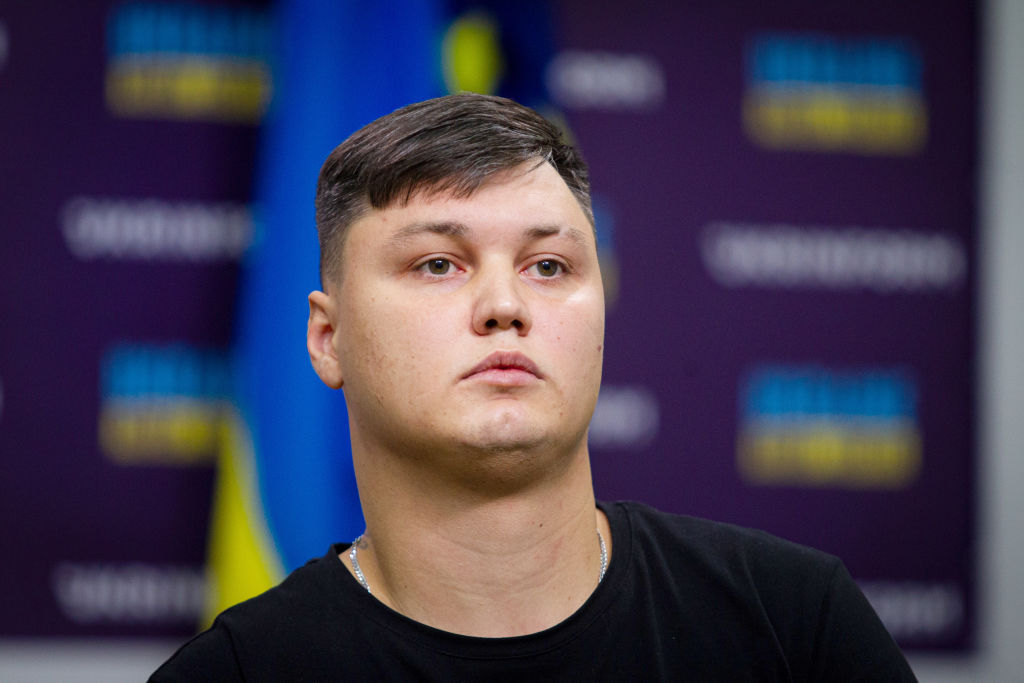Maxim Kuzminov would surely have known that defecting from the Russian military comes with risks. In August last year, the 28-year-old Russian captain seized control of a helicopter and flew it across the border to eastern Ukraine. Doing what Kuzminov did can go two ways. Some make it out alive, and have a secret life abroad – albeit while constantly looking over their shoulders. Others – like Kuzminov, who was shot dead in Spain this week – are not so lucky.
Kuzminov isn’t the first soldier to meet a sticky end after turning his back on the Russians. One of the most remarkable defectors in modern history was Abdulrachmann Fatalibey. He was an Azerbaijani soldier decorated for fighting for the Soviets on the Finnish front line. Fatalibey defected to the Nazis in 1951, who in turn decorated him in the fight against Stalin. After the war he became a military adviser to Arab states in their 1948 war against Israel, during which he claimed to have contacted British and American intelligence. He was working for the US-funded Radio Liberty in 1954 when a landlady found his garrotted body, hands bound behind him, underneath a sofa in a Munich apartment. The KGB was almost certainly responsible.
With Russia again at war, Kuzminov met a similar fate to Fatalibey. At the end of his daring operation to cross into eastern Ukraine, codenamed Titmouse, Ukrainian intelligence was ready and waiting. They would’ve been delighted to capture the helicopter, alongside various secret documents and some other equipment. Kuzminov allegedly settled in Spain under a new identity, where he was recently found dead in an underground car park, his body spattered with bullets. A burnt-out car lay nearby. Ukrainian intelligence confirmed his death, but nothing else.
Shortly after Kuzminov’s defection, a man said to be a Russian intelligence officer appeared on state television to predict: ‘I don’t think he’ll live long enough to face trial.’ Shortly after Kuzminov’s death, the director of Russia’s Foreign Intelligence Service mocked that Kuzminov ‘was a moral corpse’. Denials feel familiarly confected – it was a deception, they say, a fake body supposedly planted by Ukrainian intelligence to give the traitor a fresh start.
The pattern of executing defectors goes beyond wartime. Look at the cases of Alexander Litvinenko, poisoned in 2006, and Sergei Skripal, poisoned – but not fatally – in Salisbury in 2018. Alexei Navalny was killed last week in a Siberian prison. All these deaths are denied in a similarly implausible way, just like Kuzminov and Fatalibey. The assassinations have become political theatre, and tell would-be defectors that they’ll never be safe. It also hopes to make countries who might give sanctuary to defectors think again about doing so. Russian emigres in Spain critical of Putin are already demanding more protection.
Whatever happened to Kuzminov has now become subsumed into a far bigger battle of narratives. For obvious reasons, Ukraine wants to entice more defectors, and has launched 24/7 hotlines and offered lucrative rewards to those who change sides. Kuzminov himself had appeared in a high-profile video urging others to follow suit, directly critiquing the Russian propaganda line that Russia is fighting a war against neo-Nazis. The CIA is trying to entice disillusioned Russians to switch allegiances too. Publicity of Kuzminov’s brutal murder will make this more difficult. Officials from the National Security and Defence Council of Ukraine insist that, had Kuzminov stayed, ‘he would definitely have been protected.’ In this world, the story can become more important than the facts.






Comments